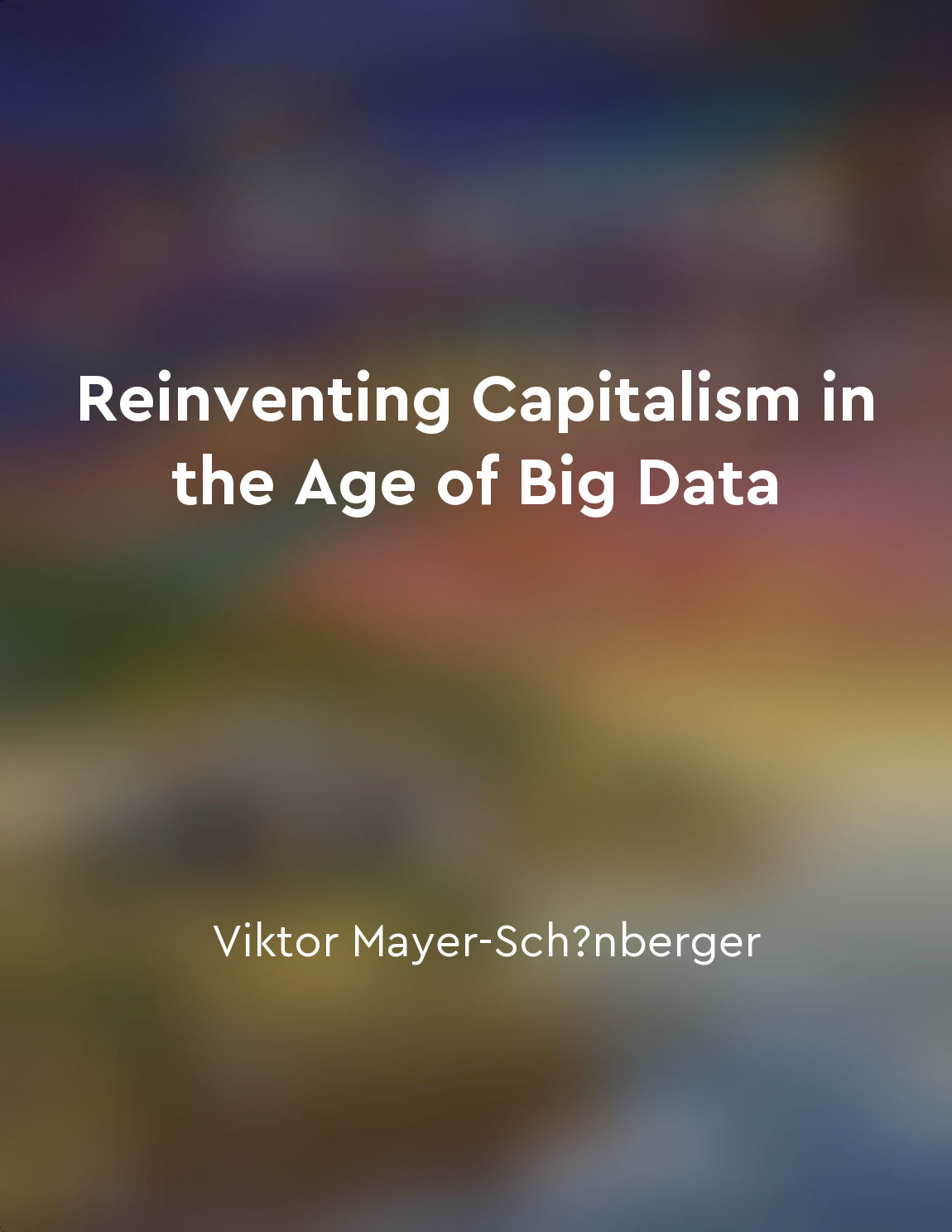Regulatory capture poses a challenge to effective regulation from "summary" of The Economics of Regulation: Principles and Institutions: Economic principles by Alfred Edward Kahn
Regulatory capture, a phenomenon where regulatory agencies become excessively influenced by the industries they are meant to oversee, presents a significant obstacle to achieving effective regulation. As regulatory agencies are tasked with creating and enforcing rules to protect the public interest, it is crucial that they maintain independence and act in the best interest of society as a whole. However, when these agencies become captured by the industries they regulate, their ability to fulfill this mandate is compromised. When regulatory capture occurs, industry insiders may use their knowledge, relationships, and resources to shape regulations in a way that benefits their own interests rather than those of the public. This can lead to regulations that are overly lenient, favoring industry profits over consumer welfare or environmental protection. Additionally, regulatory capture can result in agencies turning a blind eye to violations or failing to enforce regulations effectively, further undermining the regulatory process. The consequences of regulatory capture can be far-reaching, impacting not only the industries directly involved but also the broader economy and society. In industries where regulatory capture is prevalent, competition may be stifled, innovation hampered, and consumer choice limited. Moreover, regulatory capture can erode public trust in regulatory agencies, leading to skepticism about the effectiveness and legitimacy of regulation as a whole. Addressing regulatory capture requires a multifaceted approach that involves increasing transparency, promoting accountability, and fostering competition within regulatory agencies. By enhancing disclosure requirements, strengthening oversight mechanisms, and encouraging public participation in the regulatory process, policymakers can help guard against the influence of special interests and ensure that regulations serve the public interest. Additionally, promoting competition among regulatory agencies and fostering a culture of professionalism and ethical behavior can help mitigate the risk of capture and uphold the integrity of the regulatory system.Similar Posts
Decline
The decline was everywhere, although no one could say exactly when it began. It was a gradual erosion, a slow fading of the Ame...
Liquidity is essential for the functioning of financial markets
The ability to buy or sell financial assets quickly and without significantly affecting their prices is known as liquidity. Liq...

Youth climate activists demand accountability from leaders
The youth climate activists are not asking for much. They are simply demanding that those in power take responsibility for the ...

Decisions can now be based on data rather than intuition
Many organizations have traditionally relied on intuition and gut feeling to make decisions. However, with the advent of big da...

Big data poses challenges for privacy and security
The proliferation of big data in today's digital age has brought about a plethora of opportunities for businesses, governments,...
